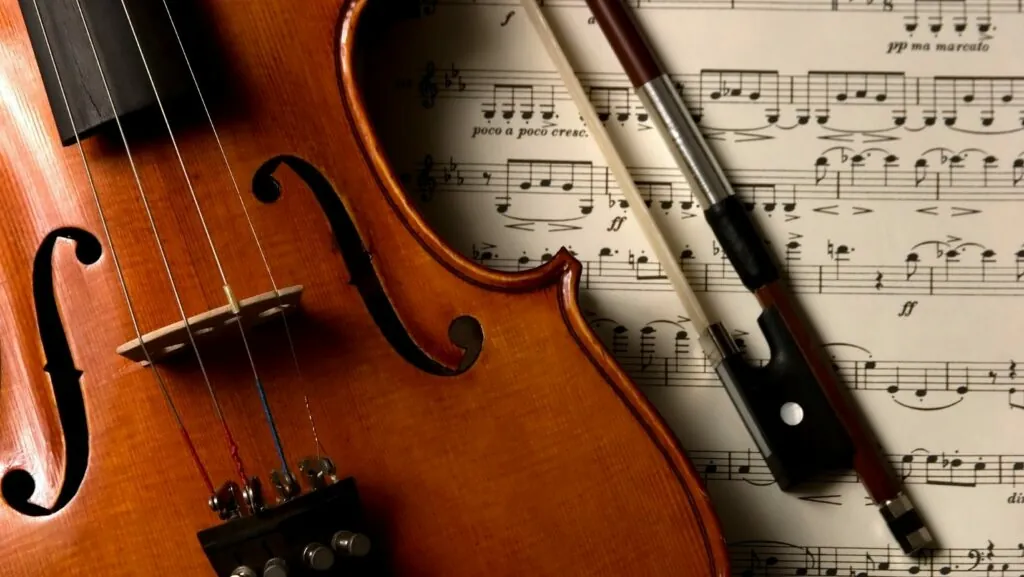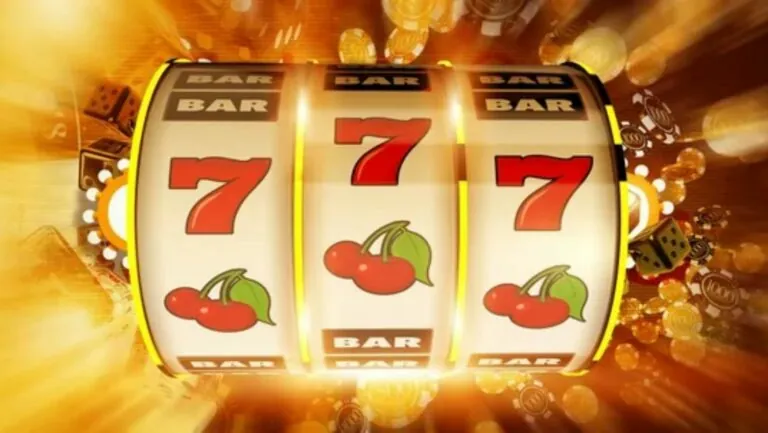If you’re an aspiring musician, you need to know that instruments like the violin are not created equal. Some can speed up your progress, while sadly, some can hinder your improvement. In fact, the majority of those who are just starting out blame their technique, but the real issue lies with the instrument itself.
If you or someone you know is in this position right now, read on to see how you can identify whether your violin is the problem and what to look for in a good instrument.
Table of Contents
ToggleWarning Signs of a Poor-Quality Violin
A poor-quality violin will give you warning signs, saying that it’s no good. You might just not notice it but make sure to pay attention to the following.
First, you always encounter constant tuning problems and hear a muted tone, even if your bowing is good enough. Second, you’ll feel that the strings are stiff, which makes it difficult to play. Third, the instrument itself has rough edges, loose parts, and unfinished varnishing. Lastly and most importantly, there’s a poor bow response or an inconsistent sound between your strings.
Key Features of a Good Violin

So, what makes a good violin? Here are some things that make up a good violin.
You should hear a clear tone across all strings. It also has a good and smooth setup up like a low string height, well-fitted pegs, and a correctly placed bridge.
When held, it feels comfortable in your hands and under your chin. You can also easily tell the quality of the materials – solid wood, finished and durable varnish, and great ebony fittings. Some violins also come with a well-balanced bow and a properly fitted case.
When It’s Time to Upgrade
If you have a violin right now and are wondering when it’s time to upgrade, there are also signs to watch out for.
If you feel like you’re improving but are held back by the comfort or sound of your instrument, then you might need an upgrade. Second, if you have a teacher or an instructor and they said you need to get a step-up instrument, it’s a go signal to upgrade. They know when a student has to use a different instrument.
Also, if you’ve been getting frequent repairs or adjustments lately (which can be costly) then you’d better think twice if it’s still worth keeping that violin. Remember that a better violin could boost your confidence and give you a whole level of motivation to continue your passion for music.
Conclusion
It’s not hard to see if a violin is the culprit in your journey. If you feel limited and not confident with your instrument but have those skills, then it’s probably your instrument that’s causing you to go down. If you worry about how your violin will perform rather than how YOU will perform, chances are you need a new axe.
If you’re still unsure, you can always ask or consult a luthier or a teacher regarding your recent experiences with your instrument. They can easily tell if you need a new one. It’s hard to outgrow an instrument but it’s an achievement you should be proud of.


